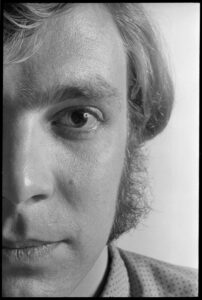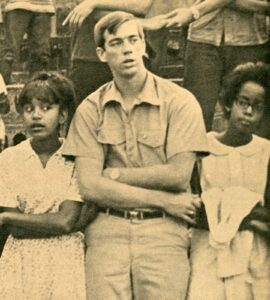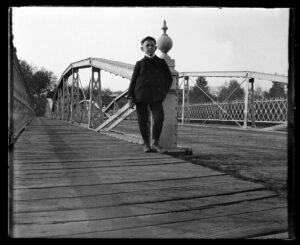Tom Rush Papers
Tom Rush began his musical career in the early 1960s playing the Boston-area clubs while a Harvard student. The Club 47 was the flagship of the coffee house fleet, and he was soon holding down a weekly spot there, learning from the legendary artists who came to play, honing his skills and growing into his talent. He released two albums by the time he graduated. In the early 1970s, folk turned to folk-rock, and Rush, ever adaptable, saw more room to stretch out. Recording now for Columbia, he toured tirelessly with a five-man band, playing concerts across the country. Endless promotional tours, interviews, television appearances, and recording sessions added up to five very successful but exhausting years, after which Tom decided to take a break and “recharge” his creative side at his New Hampshire farm. Rush returned with a splash in 1981, selling out Boston’s prestigious Symphony Hall in advance. Coming out of this success, Rush set out to create a musical forum – like the Club 47 of the early 1960s – to allow established artists and newcomers to share the same stage. In 1982, he tried it out at Symphony Hall. The show was such a hit it became an annual event, growing to fill two, then three nights and the Club 47 series was born. Rush’s impact on the American music scene has been profound. He helped shape the folk revival in the 1960s and the renaissance of the 1980s and 1990s, his music having left its stamp on generations of artists. Rush continues to write and perform music.
The Tom Rush Papers include recordings, tour materials, records of his production company Maple Hill Productions and other projects, press materials and photographs documenting Rush’s six decades in music, with a focus on his career during the last several decades.



